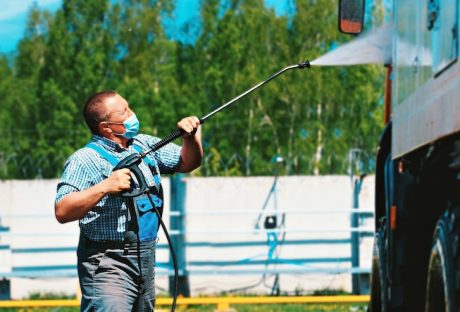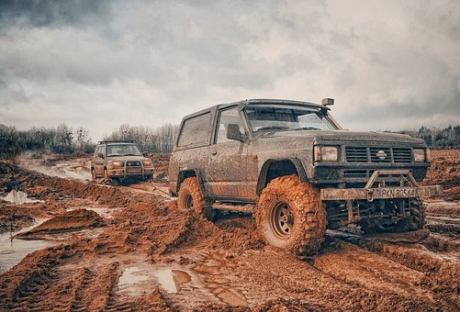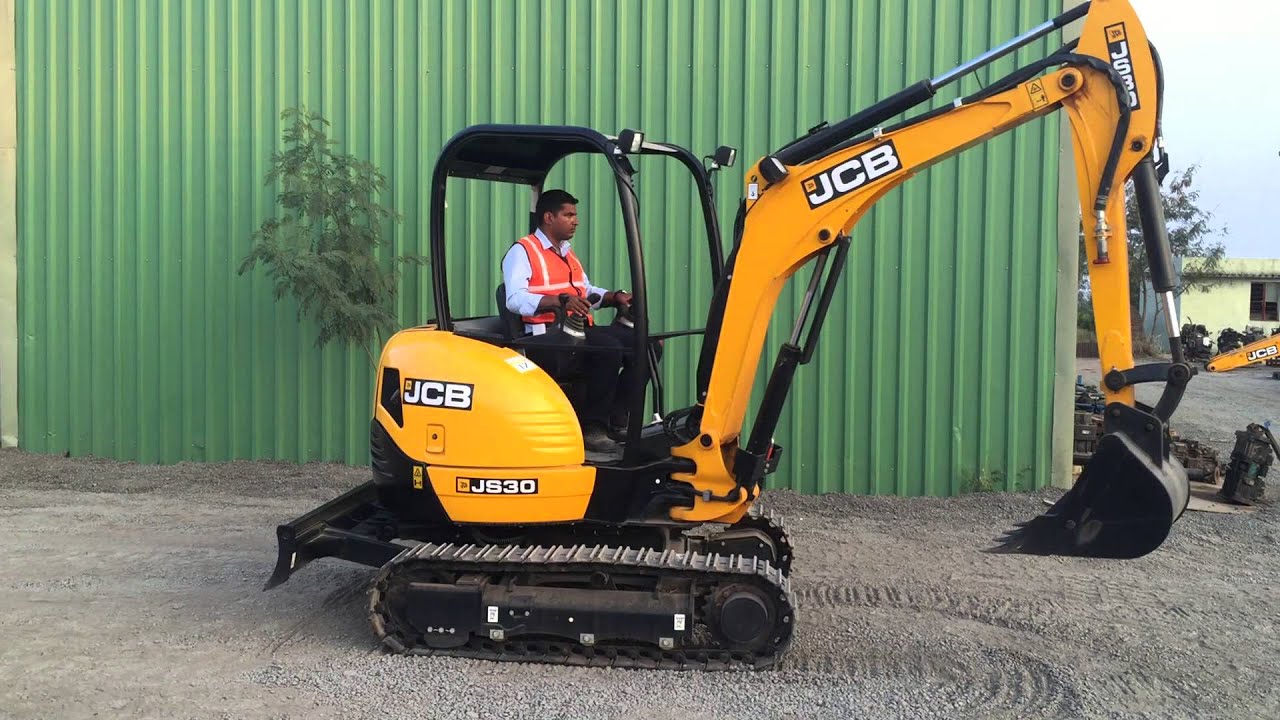Several circumstances cause the overall number of traffic accidents across the United States.
Some of them involve crashes between cars and animals. These incidents may result in minor or significant automobile damage, necessitating car collision repair. In the worst-case instances, they may even result in fatalities.
If you live in Florida, you might not be hearing about this for the first time. We have compiled some information from Northwest Collision Center experts to know what to do if you are in a traffic accident with animals.
Contents
Statistics on Animal-Vehicle Collisions
In June 2020, an alligator crossing the street in Manatee County resulted in a vehicle accident. According to ABC Action News, the automobile struck a tree as the 20-year-old driver attempted to dodge the alligator.
In Florida, one in 306 car crashes includes hitting animals or wildlife, according to State Farm’s data on such collisions. Between October and December, these animal-related traffic accidents predominate. Additionally, according to the data, there were more animal collisions this year.
Between July 2019 and June 2020, there were reportedly 38,800 collision auto insurance claims, and between July 2020 and June 2021, there were reportedly 50,800 collision insurance claims. These figures indicate a 30% surge in Florida auto insurance animal collision claims. These figures are a helpful reminder to drive carefully.
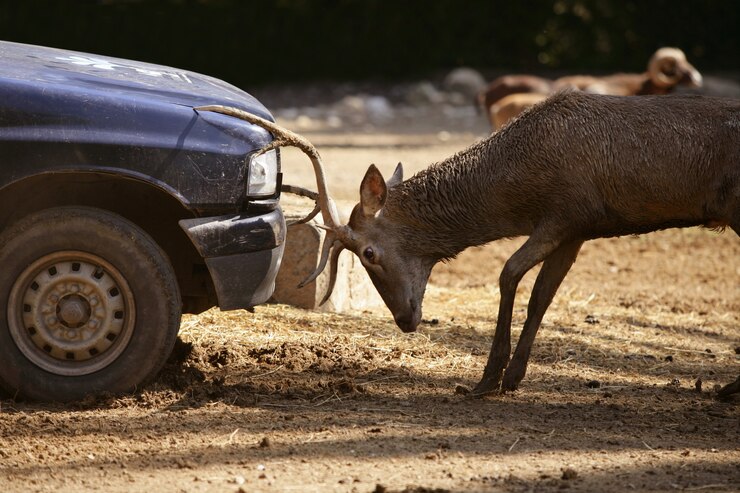
Animal Collision Coverage for Car Insurance
Bring your automobile to a reputable repair facility if you’ve recently been in an animal-related accident or have questions about what to do if you come across one. Even if there are only a few little dings or scrapes on the outside, there might still be interior damage.
Does auto insurance cover crashes involving animals? It depends. Some do, while others don’t. The many forms of auto insurance are as follows:
- Liability Protection
- Accident Insurance
- Comprehensive Protection
- Insurance for Uninsured Drivers
- Insurance for Uninsured Motorists
- Health Insurance Coverage
- Protection Against Personal Injury
- Insurance Gap
- Labor and Towing Insurance
- Insurance for Rental Reimbursement
- Insurance for vintage cars
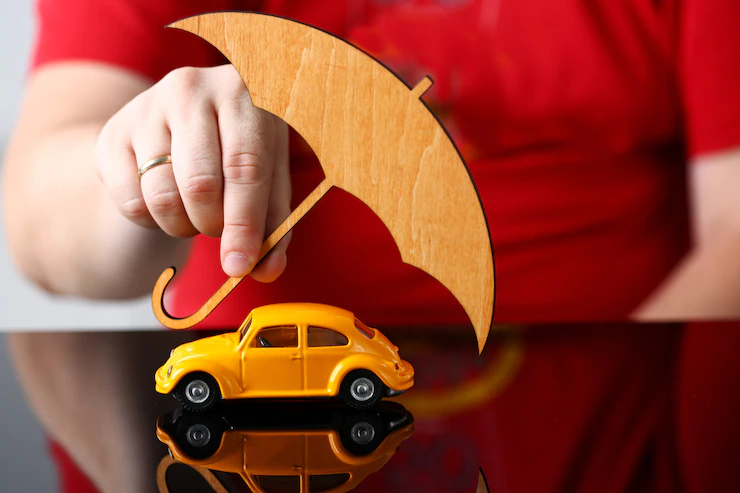
Comprehensive insurance is among the most nuanced collision auto insurance policies to get if you want to be safe if unfavorable events, such as collisions with animals, occur.
Many drivers believe that their collision insurance covers collisions with animals. The majority, nevertheless, do not pay for animal-related harm. Get comprehensive insurance as well to make sure you are protected.
Animal collision coverage is a feature of most comprehensive insurance. Animals, natural disasters, vandalism, break-ins, collapsing structures, and other unforeseen events are all covered by this vehicle insurance policy.
With the confidence that you’ll receive help if you ever have animal-related auto accidents, you may rest easy knowing that the insurance policy includes animal collision coverage.
How to Prevent Car Accidents Caused by Animals
Even if you’re protected with comprehensive car insurance, your and your passengers’ safety won’t be. As the old saying goes, prevention is better than cure. Here are some tips to prevent animal-related car crashes:

1. Don’t worry too much.
You must maintain your composure no matter what kind of animal you meet on the road. You’ll be better able to decide what to do next if you’re calm and composed. You may avoid mishaps and injuries by having a strategy in mind.
2. Analyze the situation.
When an animal unexpectedly crosses the road, take a moment to look at you. Remember that swerving isn’t always the best course of action. It may perhaps even do more damage than good, especially if you’re driving along a busy road.
3. Try to slow down as much as you can.
Reduce your speed when you spot an animal from a few meters away. Consider pausing until the animal crosses the road or moves out of the way if no vehicles are following you. Don’t step on the brakes too hard, though, as your automobile can slide, which might lead to an accident.
4. As the animal approaches, steer in the opposite of that direction.
If you do this, it may move more quickly or cross the road right away.
5. If you encounter an aggressive animal, think about driving back.
Avoid going as close to some animals as deer since they tend to smash automobile windshields.
What Else to Remember
To keep away from probable risks:
- Always maintain both hands on the wheel and your eyes on the road.
- Use your high lights on a dark and isolated road for better visibility.
- If you see a wild animal on the side of the road, slow down and keep an eye on the animal until you safely pass it.
- Consider that there could be other creatures around if you encounter one. According to statistics from the Animal Protection Institute, approximately 70% of animal-vehicle incidents occur after a motorist safely passes one animal before accelerating and missing another.
Key Takeaway
Florida has a sizable population of wild animals and pets; hence animal-related traffic accidents frequently occur throughout the state. Because responsibility relies on various factors, accidents involving animals can be difficult.
It is significant to remember that a driver’s collision insurance frequently excludes coverage for incidents involving animals. However, suppose a motorist has comprehensive auto insurance, which covers damages not brought on by collisions with other vehicles. In that case, the driver may be able to file an insurance claim to get compensation for their losses.
Additionals:













